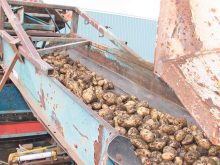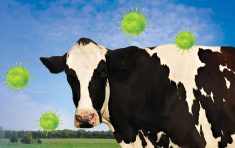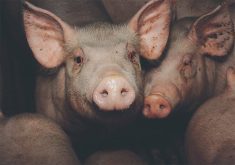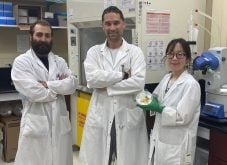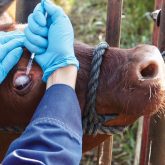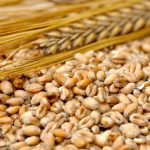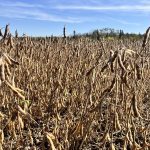Old Bessie may have shown researchers a new way to fight human diseases.
A recent paper from University of Guelph scientists says a novel vaccine that protects cattle from a viral-driven respiratory disease may hold the secret to creating similar treatments for human diseases, ranging from gut infections to HIV and cancer.
Azud Kaushik, a professor with the university’s department of molecular and cellular biology, said the team was able to engineer antibodies, grafted with a microbial antigen, that improved immune response.
When the cattle are treated with the genetically manipulated antibody fragments, it triggers a response against bovine herpes virus. That virus causes a respiratory disease, affects cattle health, and hampers cattle trade.
Read Also
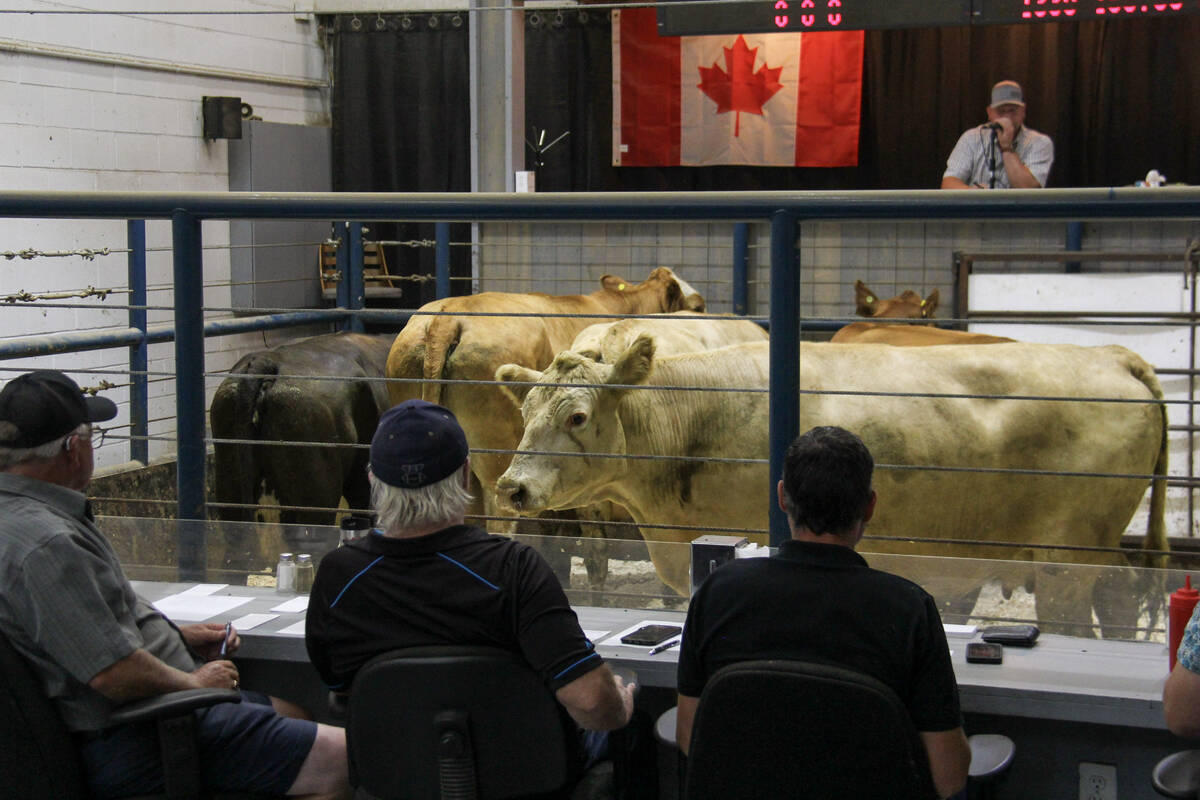
Manitoba cattle prices, Feb. 25
Your weekly table of price ranges for beef cattle from seven Manitoba auction markets during the week ending Feb. 24, 2026.
“It’s a major problem in North America,” said Kaushik. An existing vaccine fails to protect cattle against a viral flare-up when the animals are stressed.
The Guelph team grafted an artificial antigent onto the cow antibody, and then immunized calves to see its effects. Kaushik said the team found a very high immune response compared to an unmanipulated antibody.
Kaushik says the finding proves the concept can work in the real world and can be transferred to human diseases.
“We could use this structure to make any kind of vaccine,” he said. “We could modify the structure to develop novel vaccines against cancer.”
The paper appeared recently in the journal Molecular Immunology.
Kaushik hopes to license the technique for drug companies to develop new therapies against various diseases.



